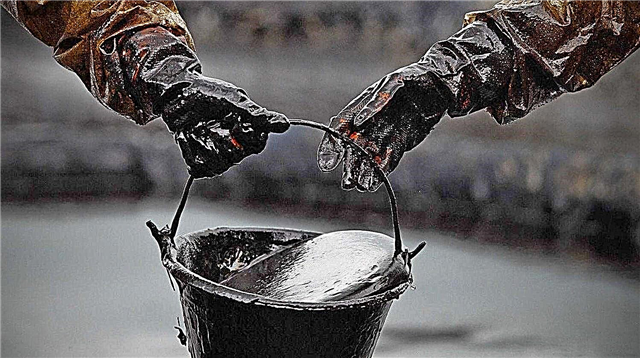
Fire has many amazing properties, one of which is to generate a large amount of heat every second. But can this statement be applied to fire? How much does the flame weigh or is this parameter equal to zero?
How much does fire weigh?
First of all, it is necessary to clarify that the mass and weight of an object are two different things. The first remains unchanged under any conditions, does not depend on the environment. If the mass of the object is 10 kg, then it will be such on Earth, and on the Moon, and in any other place. The situation is different with weight. This parameter characterizes the force with which the object presses on the surface. Because of this, the weight of the same item will vary in different conditions.
Fire is a mixture of hot air, low-temperature plasma and solid particles of decay products. It turns out that the flame does not have its own weight, because in principle it does not exert any pressure on the surface.
Interesting fact: it is generally accepted that fire has a negative weight, since it contributes to a decrease in this parameter for fuel. For example, a charred log weighs less than a whole.
What is the mass of fire?

Despite the fact that the flame has no weight, because during combustion it rises up after the hot air, it has mass. Moreover, you can make approximate calculations and get its value.
The hot air around the flame is much lighter than atmospheric. Scientists have found that its density is about one fourth of the same parameter in ordinary air, which is 1.3 kg per cubic meter.
If you do not take into account the mass of plasma and particles of decay products, it turns out that in the gas released it is equal to 325 grams per unit volume. Hot air makes up most of the flame. Accordingly, a fire the size of which is a cubic meter will weigh the same. It is easy to guess that in nature a flame of such proportions arises very rarely. As for an ordinary small fire, its mass is hundreds of times less, and that of a lit candle is thousands.
Fire has no weight, because it does not exert any pressure on the surface. Moreover, since because of it the object serving as fuel gradually burns out, this parameter can be considered negative.












